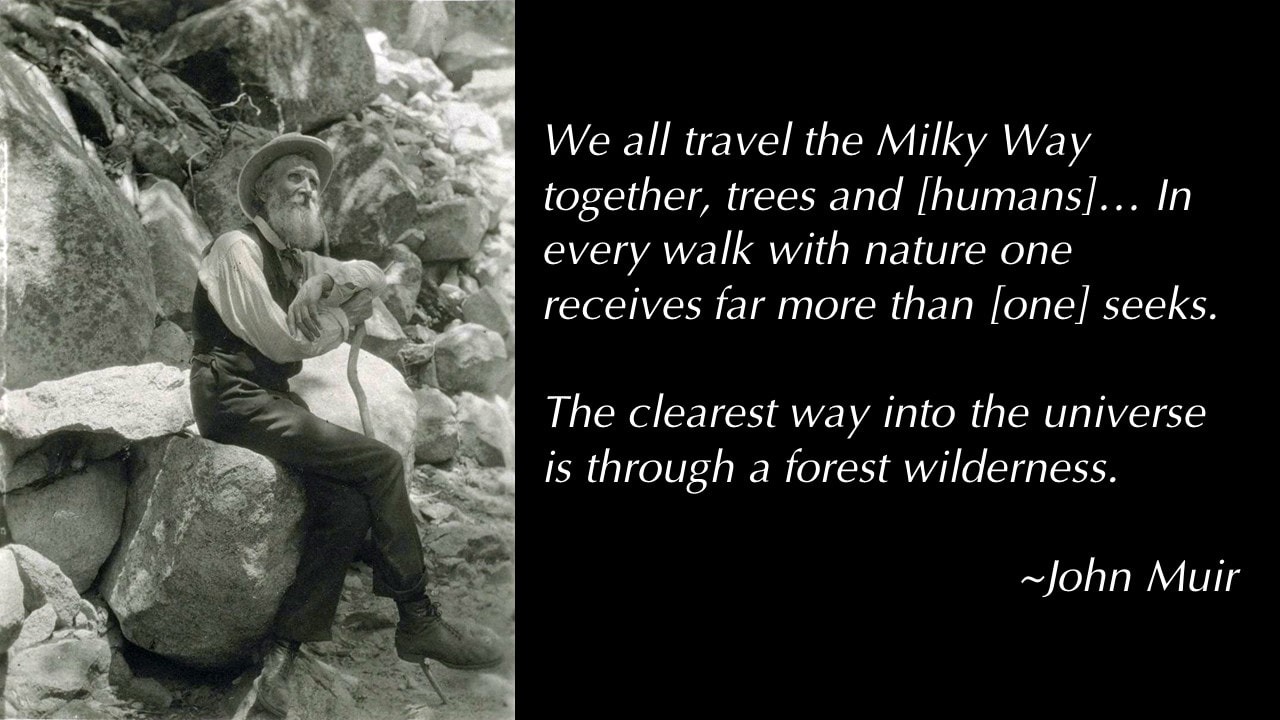Scott AndersonAmos 5:18-24 † Psalm 70 † 1 Thessalonians 4:13-18 † Matthew 25:1-13 A video version of this sermon can be found here. Keep awake! That’s the message Jesus draws from this murky story in Matthew right before the parable of the talents which we’ll see next Sunday. There’s all this detail in the story—a bridegroom, but no bride anywhere to be found; lamps (which are really torches) and oil. Five brought oil, the other five didn’t. It’s not that they didn’t bring enough, they just didn’t bring any, or maybe they didn’t have any. And apparently there’s an all-night oil shop open somewhere down the road. All ten bridesmaids--virgins actually, fall asleep, by the way. All of them. The bridegroom arrives late, seriously late, and five make it into the party and five are shut out. And Jesus tells his listeners to keep awake.
0 Comments
Scott AndersonJonah 3:10-4:11 † Psalm 145:1-8 † Philippians 1:21-30 † Matthew 20:1-16
You can find a video copy of this sermon in the context of worship here. They are both right, aren’t they? This is no case of fake news. It’s just a problem with perception and location and what’s fair. The laborers who were hired first thing in the morning, who went out and put in their twelve hours under the hot sun cannot abide that they are paid the same as those last to join the party, who work an hour at best—and get just as much. It is not fair. Or, to be more precise, it is not equitable. This is true. And yet, the landowner has an equally valid point, doesn’t he? Did I not keep our agreement? We negotiated for the usual day’s wage at the beginning. This is what I’ve given you. How have I wronged you? Scott Anderson1 Kings 3:5-12 † Psalm 119:126-136 † Romans 8:26-39 † Matthew 13:31-33, 44-52 The naturalist John Muir once said, It is a powerful sentiment, one that resonates deeply with me, and I suppose is one of the reasons I am drawn to those yearly walks in the woods that I’ve just come back from. There’s something deep to experience. A sensibility, an understanding that words more often than not fail to unearth. But it’s there, beneath the feet. Deep underground, and yet, all around, if we choose to see it.
It hasn’t been a good week, though, for our friend John Muir. Scott AndersonActs 9:1-20 † Psalm 30 † Revelation 5:11-14 † John 21:1-19
If you were here last week, you may be wondering what we’re doing reading another section from the Gospel of John. “Didn’t we finish that last week?” you might ask. And my response to you is to say, give yourselves a pat on the back for your insightful and close listening. We should all be proud! Check out the last paragraph from chapter 20, the previous chapter in John, from last week’s reading: Now Jesus did many other signs in the presence of his disciples, which are not written in this book. 31 But these are written so that you may come to believe that Jesus is the Messiah, the Son of God, and that through believing you may have life in his name.[i] It is clearly the ending to the story—a hopeful summary statement by the gospel writer reminding us what the work of Jesus’ disciples has been about. Case closed. Time to move on. And then we have this afterthought: After these things Jesus showed himself again to the disciples by the Sea of Tiberias… Scott AndersonIsaiah 62:1-5 † Psalm 36:5-10 † 1 Corinthians 12:1-11 † John 2:1-11
So what is going on here? Is this a story about a wedding that hasn’t been planned very well, a potential social disaster, a mother and son bickering because they don’t want their friends to be embarrassed? It could be. “Woman”--mother, why are you asking me. It’s not my time. And yet, apparently it is. Jesus’ objection seems to drown in the flow of the story as water jars are quickly filled, as an oblivious steward is astounded, and as a wedding is saved with about 400 bottles of really good wine no one accounted for. Or maybe it’s not that at all. Maybe the party wasn’t about to collapse. Maybe this wasn’t about poor planning. It could have been even worse: a story about a poor, struggling family doing their best to pull off a celebration demanded by social customs that they could not afford. Suddenly this gift not only saves the day, but delivers them from shame. Or, it could be that this was a celebration that was simply winding down: “When the wine had run out,” the story goes, as if this was the expectation, as if there was an understanding that all good celebrations have a closing time. If we read it that way, this becomes gratuitous. A story about abundance for the sake of abundance—unnecessary, saving nothing, a sign, as John tells us, the “first of his signs” of a story and a savior that is so full of life that nothing will be able to hold it back—not powers or principalities, armies or political leaders. Gratuitousness, generosity, an onslaught of extravagance. There are many ways we could read this. The story does not seem to tip its hand. This is a sign—the first of his signs, says the text. But a sign of what? What do the disciples see that makes them believe in him and sets this greater story in motion? Scott AndersonMalachi 3:1-4 † Luke 1:68-79 † Philippians 1:3-11 † Luke 3:1-6
Righteousness. It’s right there in that first reading, this big word in our faith, but it is there all over the place in the readings, this word that, I suspect for some of us, has lost a bit of its luster. It may be due for a shining, a brightening up, so we can see it again for what it says and for what we hope, and for who we are. God will refine them, purify them until they present offerings to the Lord in righteousness, Malachi imagines. The writer to the Philippian church echoes this sense of the power of God through the practicing of this good news to sharpen and purify those who follow this way through generosity and largeness of heart. This is, in effect, Isaiah’s making straight the way for God’s return that John the Baptist cries out for in the wilderness, for the things that make for peace and goodness, for much of what we may notice to be missing these days. The ritual around the funeral of our 41st president, George H. W. Bush this past week highlighted for me some of these things for which we long. Perhaps for you too—the remembering of a time and a way of being connected to others that seems in short supply these days. Scott AndersonIsaiah 53:4-12 † Psalm 91:9-16 † Hebrews 5:1-10 † Mark 10:35-45
“What is it we want when we can’t stop wanting?” asks Christian Wiman. Wiman, an American poet who was the editor of Poetry Magazine and now teaches at Yale, asks a question that might remind us of James’ and John’s request of Jesus: “Teacher, we want you to do for us whatever we ask of you… Grant us to sit…at your right…and at your left in your glory.”[i] “What is it we want when we can’t stop wanting?” In a way, Wiman answers his own question: “I say God,” he continues, “but…greed may be equally accurate, at least as long as God is an object of desire rather than its engine, end rather than means.”[ii] Now, to be fair, it is making something of an assumption to suggest that these two followers of Jesus or the other disciples who react once they hear the other two got there first are motivated by greed, pure and simple. In these days, we have enough of this simplistic, binary thinking that reduce others to a simple idea, to an enemy, to one who is good or is evil. Neither is Wiman thinking of this scripture in Mark. He’s reflecting on something more basic—about survival, and particularly our survival beyond ourselves. Scott AndersonAmos 5:6-7, 10-15 † Psalm 90:12-17 † Hebrews 4:12-16 † Mark 10:17-31
There are five big words in the scriptures that speak to what God is like. Five big words that make the journey through the arc of the scriptures. Five big words that speak of God, and speak of us, because in the Christian biblical tradition, what it means to be human is to be in the image of God. What it means to be human is to delight in what God delights.[I] Five big words that speak of promise and possibility. Five big words that speak to what holds the world together. Five big words that give us something of an anchor in these unmoored times. Five big words: Justice, righteousness, steadfast love, faithfulness, compassion. I’ve been thinking about these lately, because I’ve been wondering about how we are going to hold together what seems to be spinning apart. I’ve been wondering about how we are going to find ways to live as one, to live with hope, to look to a future that is for everyone, not just for the 50.1 percent of us—or sometimes less—who can muster the votes to muscle our way or our version of the world on others. I’ve been thinking about these lately because, not only can we not agree on ideals, goals, truth. We seem not even to be able to agree on facts. |
St. Andrew SermonsCategories
All
|



 RSS Feed
RSS Feed